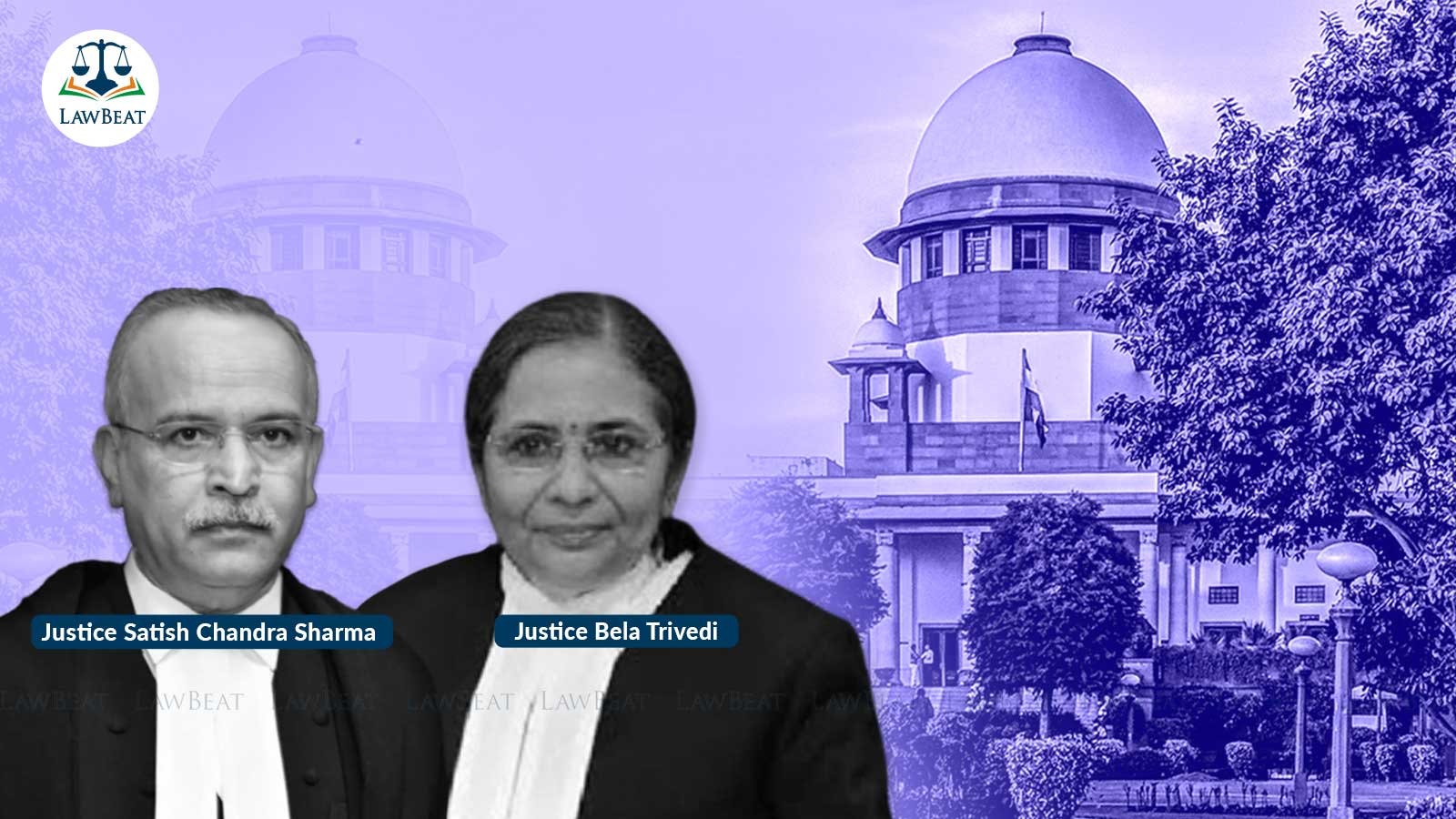Accused cannot seek production of documents at ‘framing of charge’ stage: Supreme Court

State counsel submitted a three-judge judge had already laid down that if any document is necessary or desirable for the defence of the accused, the question of invoking Section 91 at the initial stage of framing of a charge would not arise since defence of the accused is not relevant at that stage
The Supreme Court has said an accused does not have a right to invoke Section 91 of the Criminal Procedure Code at the stage of framing of charge to get a document produced before the court.
According to section 91 of the CrPc, a police officer or a court may, under certain circumstances, issue an order or a summons for the production of any document or thing if such production is necessary or desirable for the purpose of any investigation, inquiry, trial or other proceedings.
A bench of Justices Bela M Trivedi and Pankaj Mithal has set aside a Rajasthan High Court's order of February 18, 2020.
The High Court had then directed all Courts in the State of Rajasthan that whenever an application is moved to summon the Call-details by the accused during the criminal proceedings, the same shall not be deferred and will be decided forthwith.
In the instant case, the respondent-accused was facing the trial before the court of Sri Ganganagar under Sections 8/18, 25 and 29 of the NDPS Act. He had filed an application before the Trial Court for summoning of the call details of the Seizure Officer and some other police officials for the date of seizure, i.e., February 15, 2019.
As the Trial Court had rejected the application, he filed the miscellaneous application in the High Court which was allowed by the impunged order.
Challenging the High Court's order, the state counsel drew the attention of the Court to the legal position settled in the case of 'State of Orissa Vs Debendra Nath Padhi', (2005).
A three-judge SC bench had then said, "Insofar as the accused is concerned, his entitlement to seek order under Section 91 CrPC would ordinarily not come till the stage of defence. When the section talks of the document being necessary and desirable, it is implicit that necessity and desirability is to be examined considering the stage when such a prayer for summoning and production is made and the party who makes it, whether police or accused."
The respondent's counsel, on the other hand, has relied upon the decision in the case of 'Nitya Dharmananda Vs Gopal Sheelum Reddy' (2018) to submit that the court being under the obligation to impart justice, is not debarred from exercising its power under Section 91 CrPC, if the interest of justice in a given case so requires.
In its order, the bench said, "In view of the law laid down by the three judge bench in 'State of Orissa Vs Debendra Nath Padhi', we are inclined to accept the present appeal".
"The said decision (of 2018) is not helpful to the respondent. In the said decision also, it has been observed that the accused cannot invoke and would not have right to invoke Section 91 CrPC at the stage of framing of charge," the bench said.
The court allowed the criminal appeal and set aside the High Court's order.
Without expressing any opinion on the merits of the case, the bench clarified, "It is needless to say that the respondent-accused shall be at liberty to file the application at the appropriate stage."
